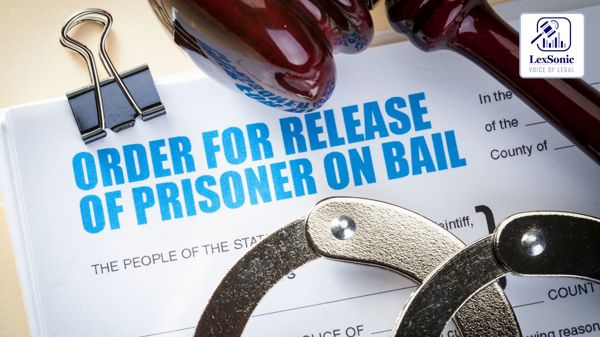Supreme Court Partially Grants Bail in Pramod Yadav Case: Balancing Liberty and Criminal Responsibility.
29 October 2025
Bail and Antcipatory Bail >> Criminal Law | Murder Homicide >> Criminal Law
The appeal was filed in Sessions Trial No. 176 of 2010 before the Court of the Additional Sessions Judge, Ballia, Uttar Pradesh, where five persons, including Pramod Yadav and Vinod Yadav, had been tried. Pramod Yadav was convicted by the trial court for murder under Section 302 of the Indian Penal Code (IPC) and the other three co-accused using Section 34 IPC. A fifth accused was convicted under Section 193 IPC for providing false evidence.

In front of the Supreme Court, both convicts made identical prayers for similar relief against final disposal of their respective appeals. Following hearing of arguments on both sides, the Bench took a differential line. Seeing the character of the evidence and the role assigned to Vinod Yadav, the Court considered it appropriate to put his sentence in abeyance and order his release on bail, subject to terms as ordered by the trial court.
This order underscores the Supreme Court’s careful exercise of discretion in cases involving serious offences. It highlights that bail pending appeal, especially in cases under Section 302 IPC, is not automatic but contingent on the role played by the accused, the nature of evidence, and the overall balance between liberty and justice.
Section 193., Indian Penal Code - 1860
Section 302., Indian Penal Code - 1860
